The Difficulties of North African Reform
Select...
SITUATION REPORTS
Libya: HoR Approves Rival Government, Portending Political Turmoil
Mar 2, 2022 | 22:19 GMT
Libya, Turkey: Erdogan's Support for Government of National Unity Strengthens Dbeibeh
Feb 16, 2022 | 21:23 GMT
Tunisia: Judicial Council Members Reject President's Order to Dissolve
Feb 7, 2022 | 21:13 GMT
Libya: HoR Approves New Political Roadmap Following Constitutional Referendum
Feb 7, 2022 | 16:47 GMT
Tunisia: New Security Chiefs, Senior Officials Appointed
Aug 19, 2021 | 17:44 GMT
Tunisia: Ennahda Forms Body to Manage Political Crisis, Admits Role in Country’s Instability
Aug 13, 2021 | 15:51 GMT
Tunisia: Judiciary Opens Anti-Corruption Probes Against Parties, Lawmakers
Jul 30, 2021 | 16:14 GMT
Tunisia: President Pledges to Respect Rule of Law Amid Political Turmoil
Jul 27, 2021 | 15:52 GMT
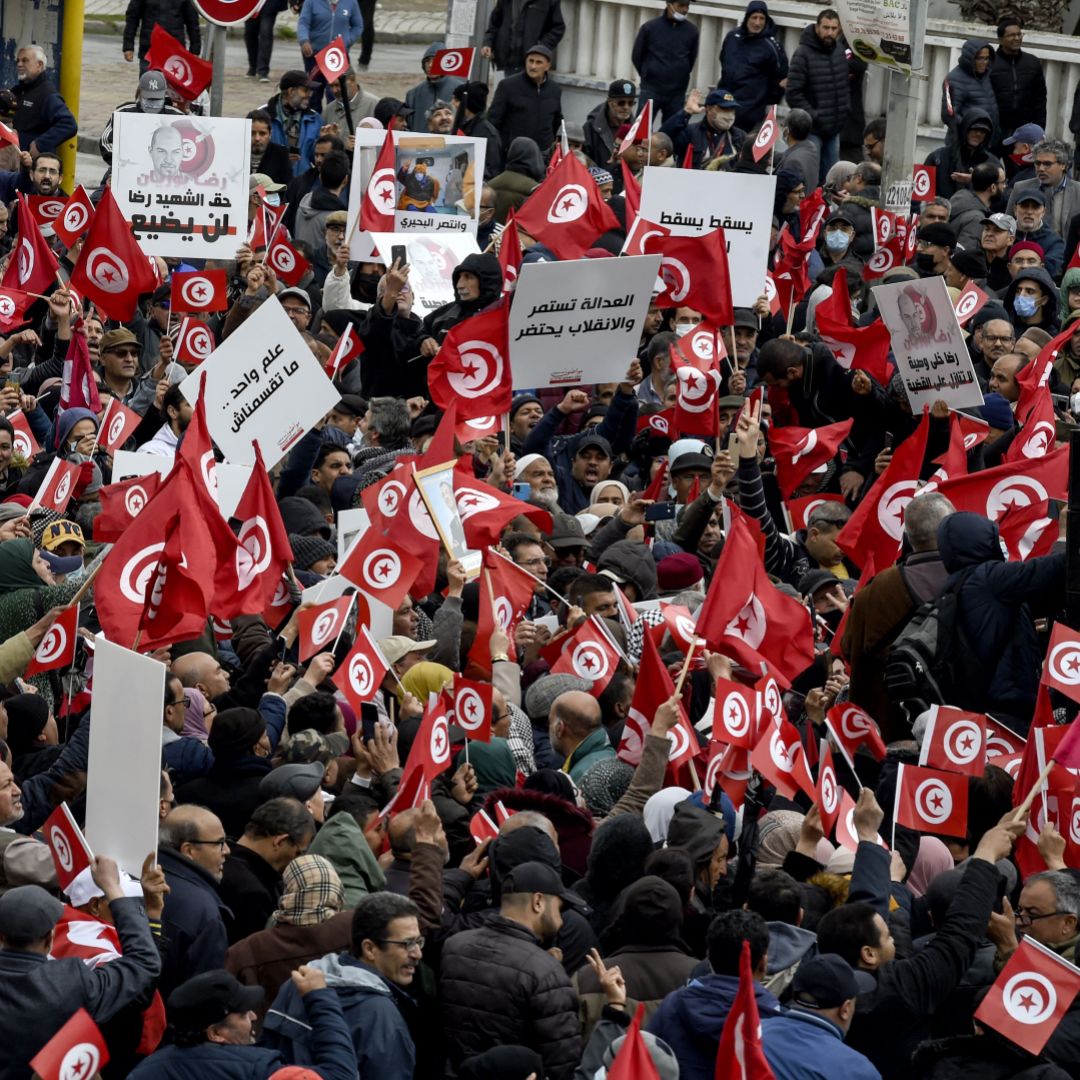
AssessmentsApr 1, 2022
In Tunisia, the President's Dissolution of Parliament Will Deepen His Country's Crises
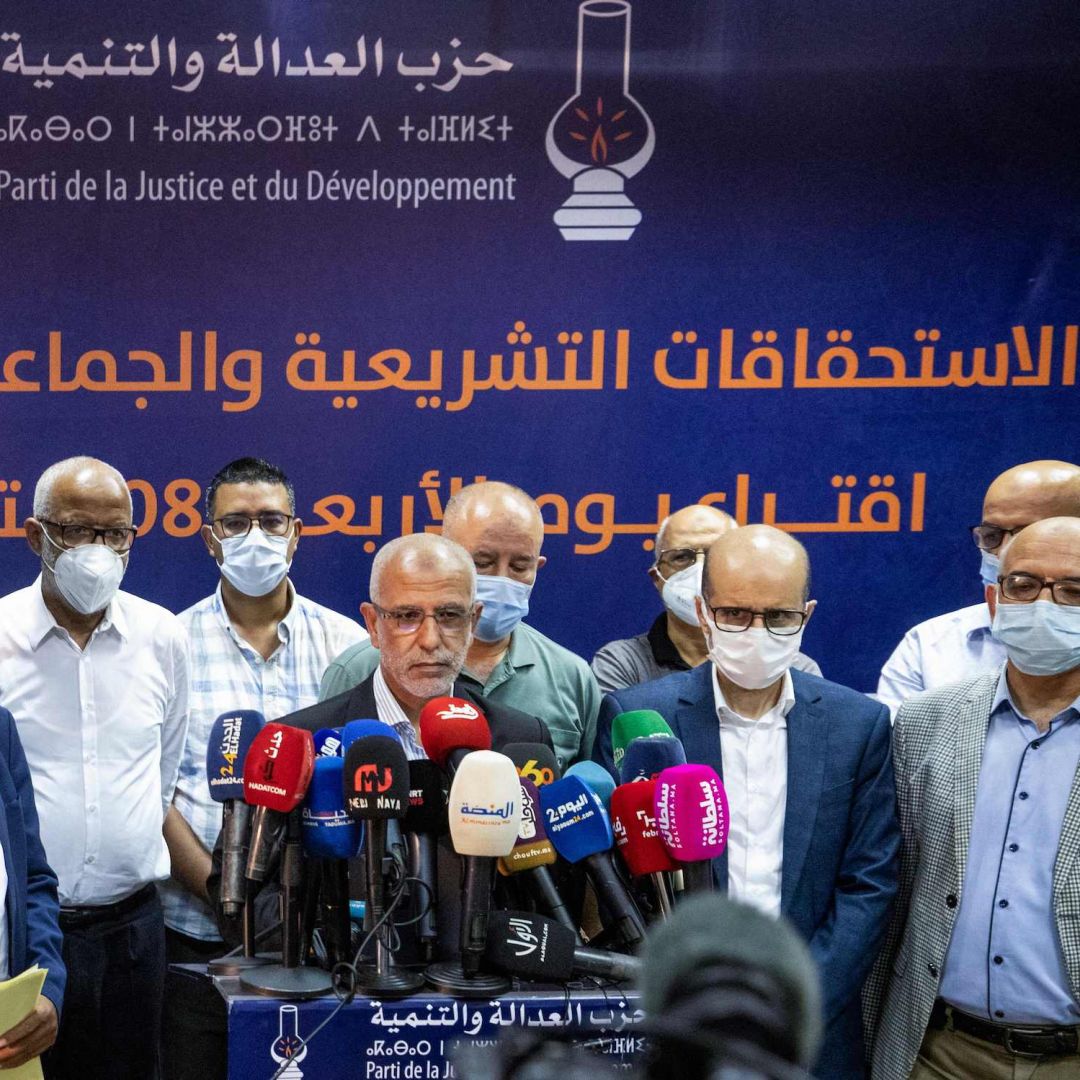
SnapshotsSep 10, 2021
Morocco’s Main Islamist Party Suffers a Crushing Electoral Defeat
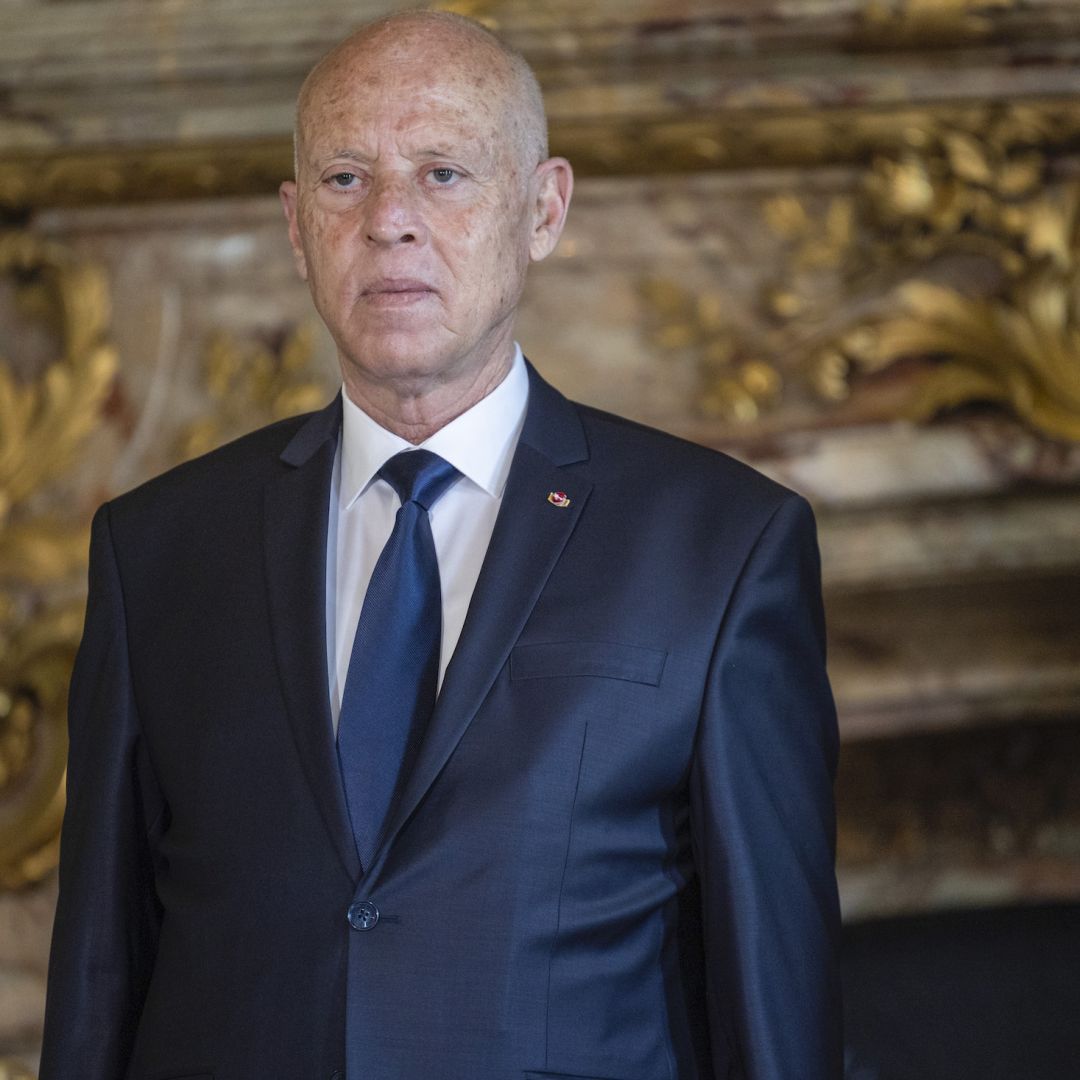
AssessmentsAug 24, 2021
Tunisia’s President Indefinitely Suspends Parliament. What Now?
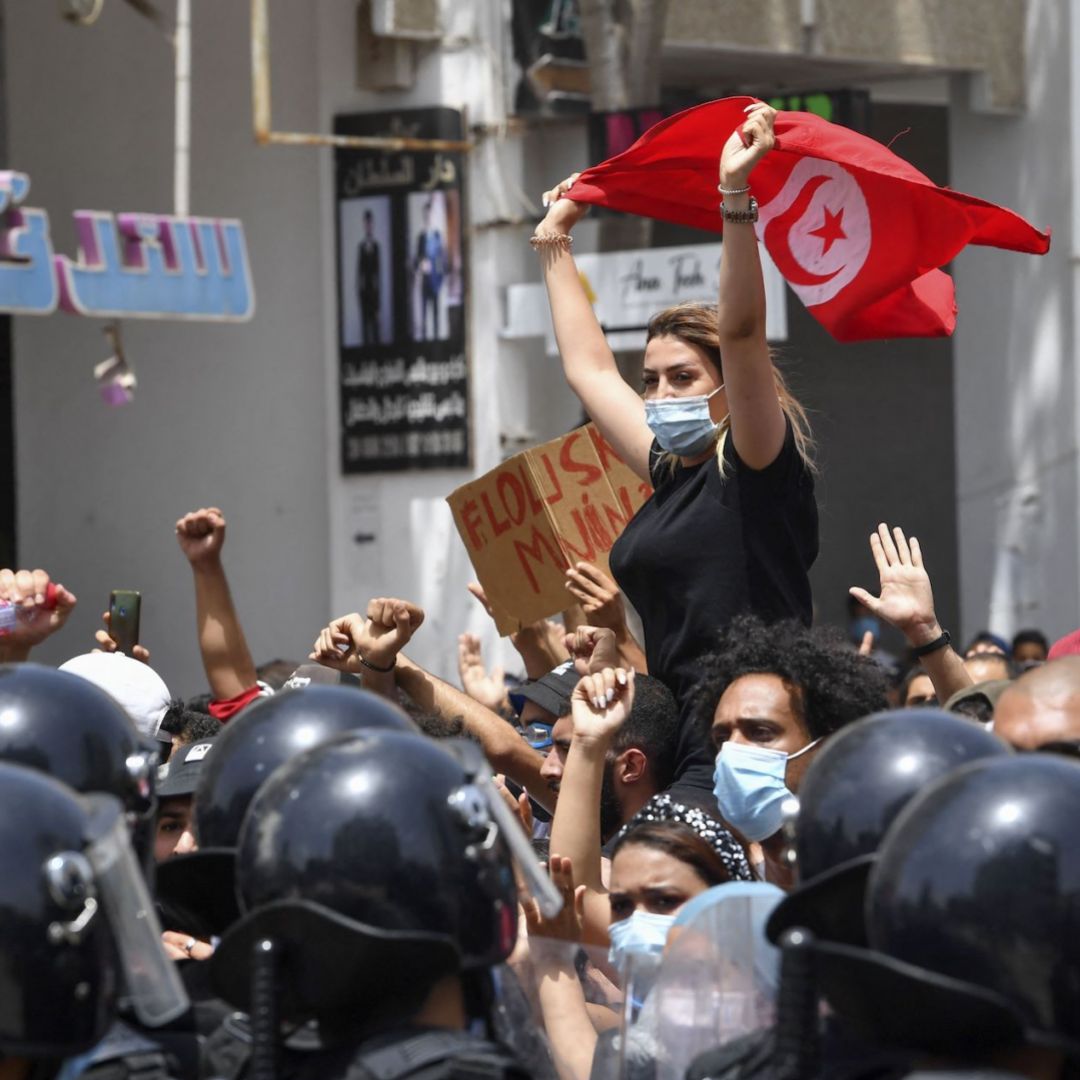
AssessmentsAug 4, 2021
Tunisia Braces for a Prolonged Political Crisis
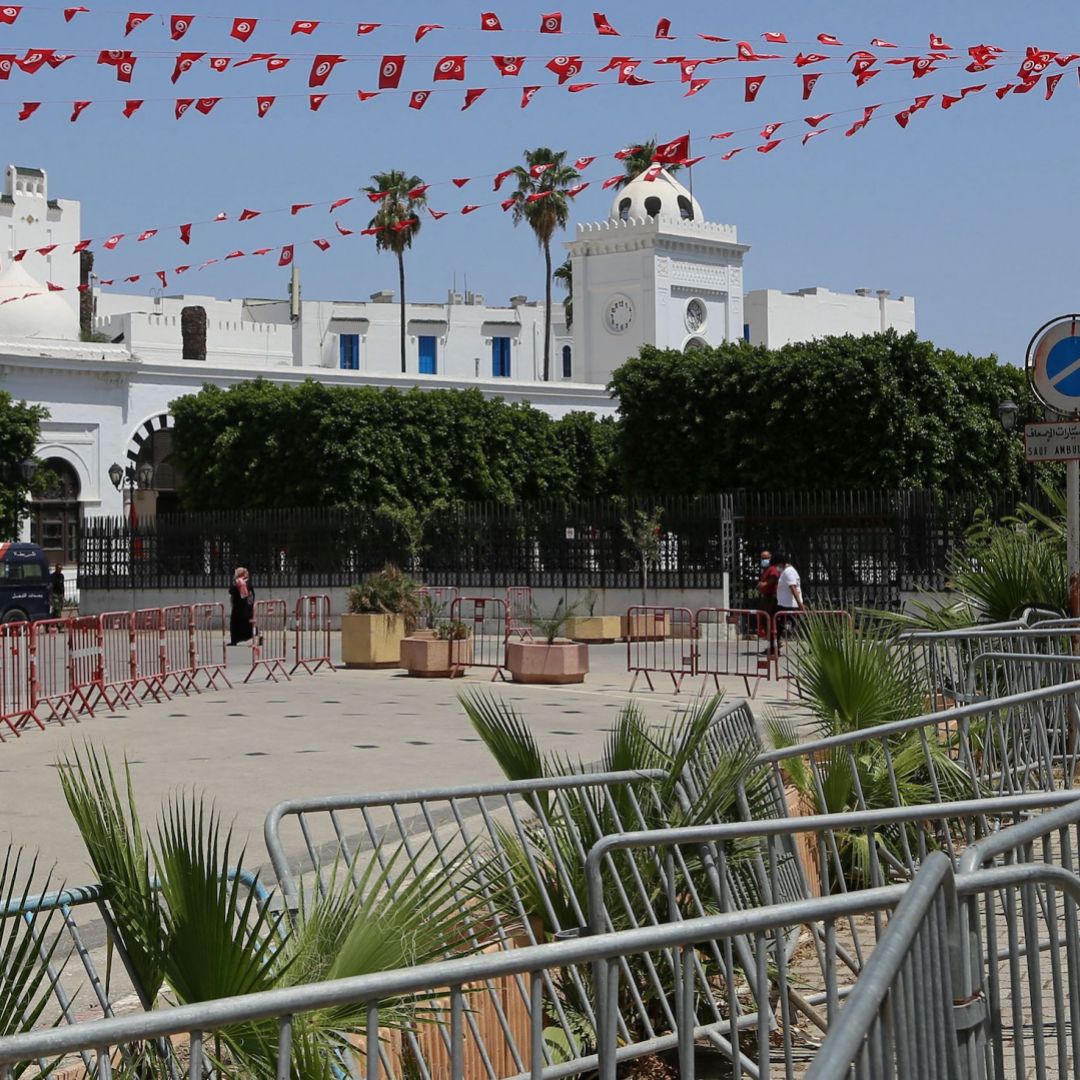
AssessmentsJul 26, 2021
A President’s Apparent Power Grab Tests Tunisia’s Democracy
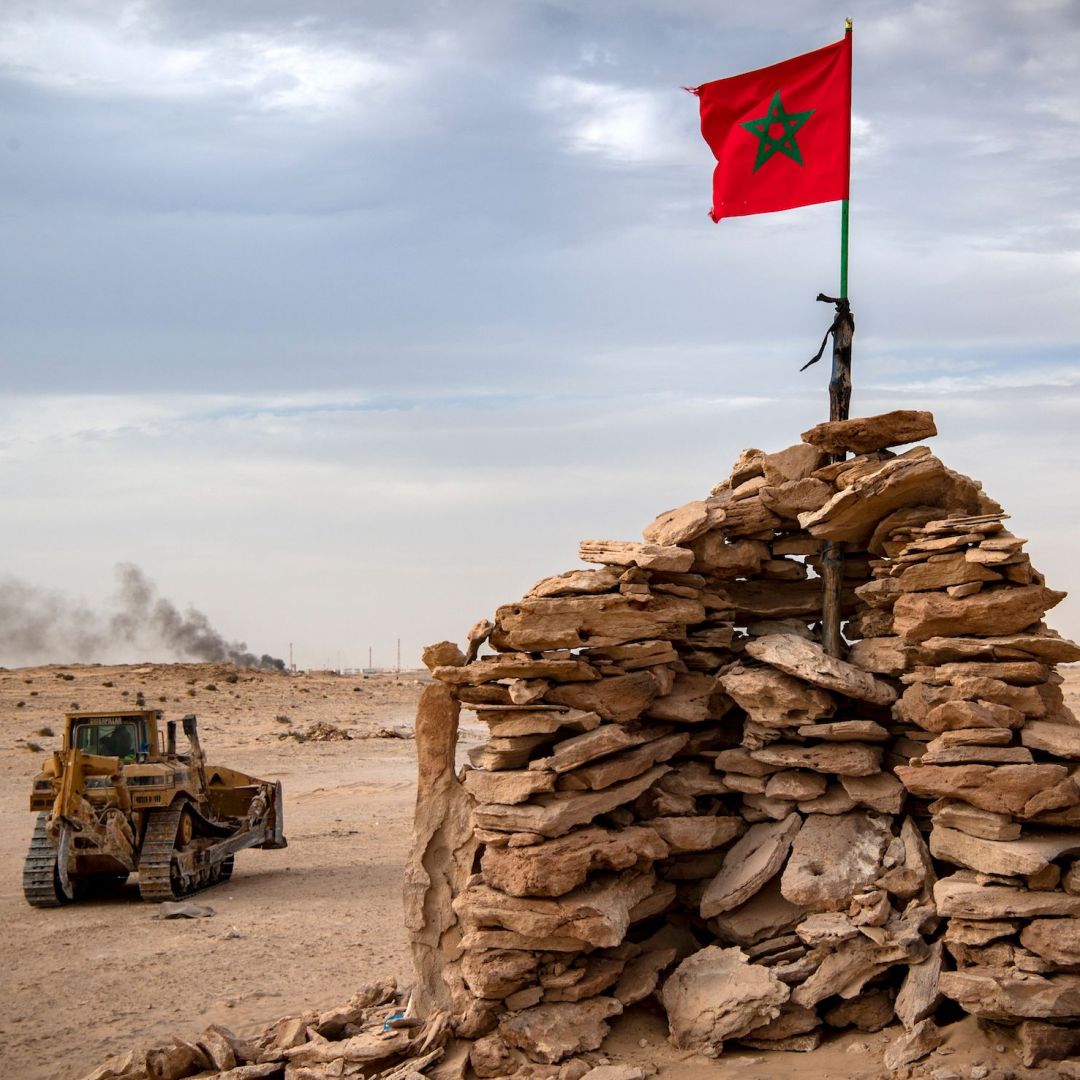
AssessmentsJul 22, 2021
The Risks of Algeria and Morocco’s Latest Diplomatic Row Over Western Sahara
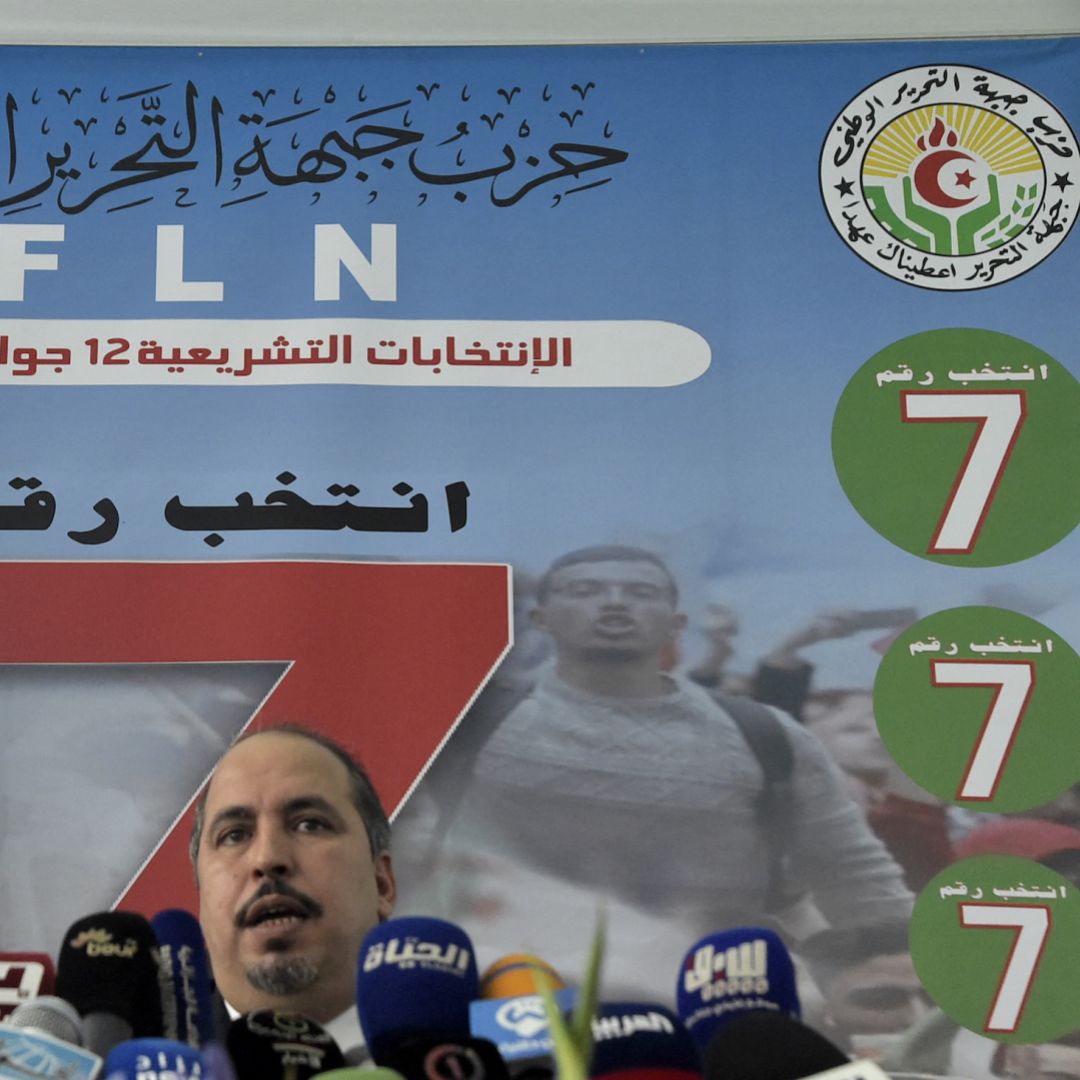
AssessmentsJun 18, 2021
Algeria’s First Post-Bouteflika Ballot Leaves His Party in Power
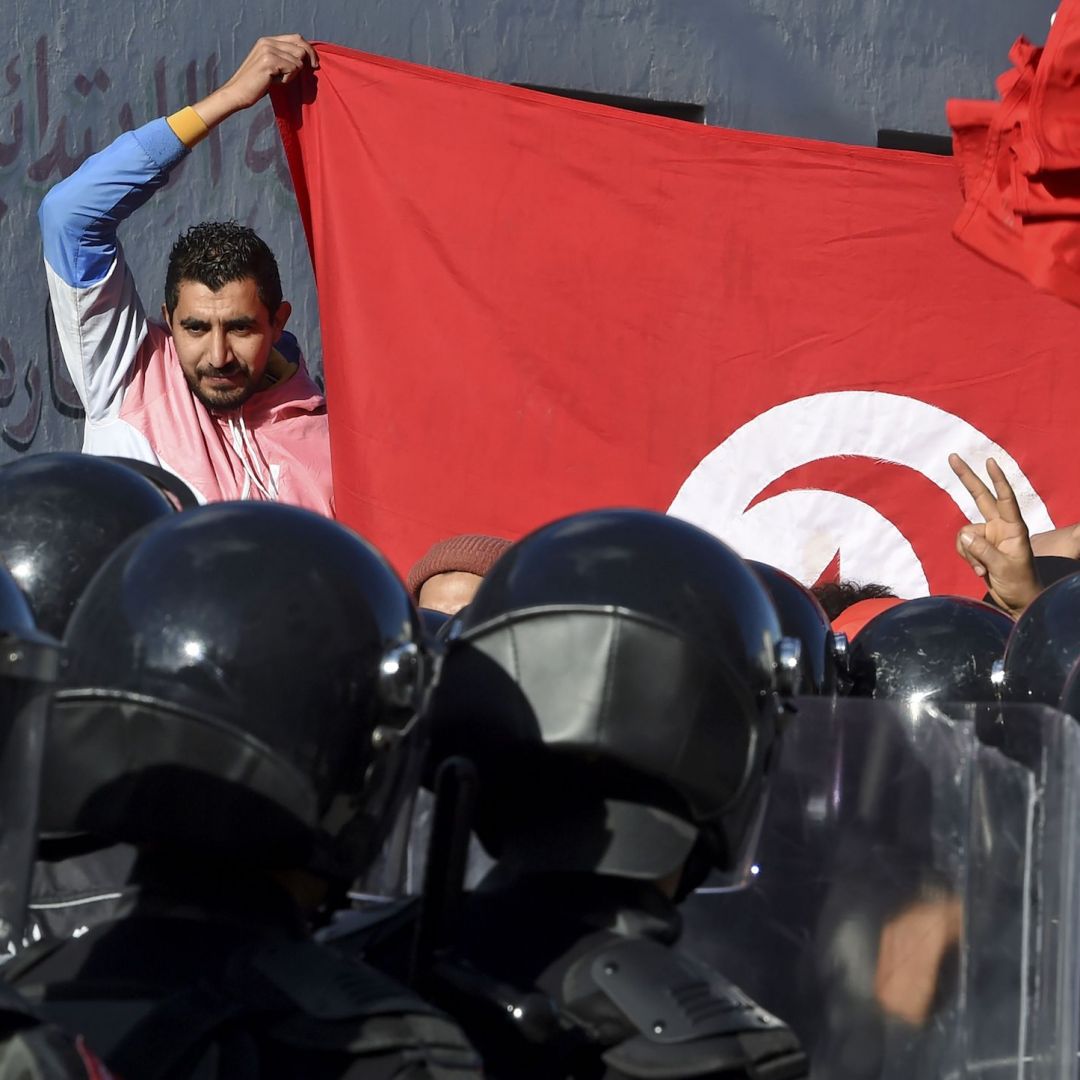
AssessmentsFeb 3, 2021
Protests Reveal the Depths of Tunisia’s Dysfunction
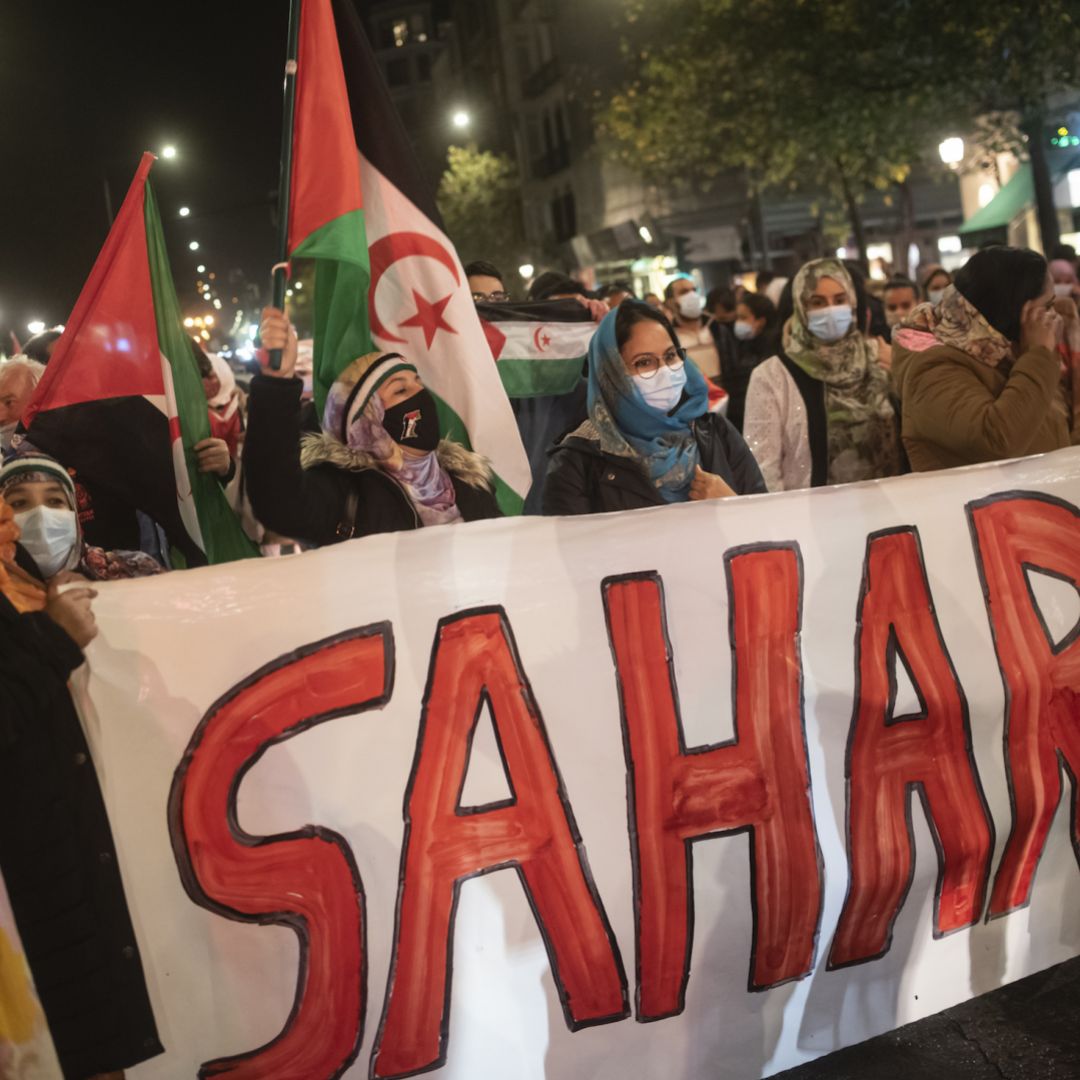
AssessmentsNov 23, 2020
Is Western Sahara on the Cusp of Another Conflict?
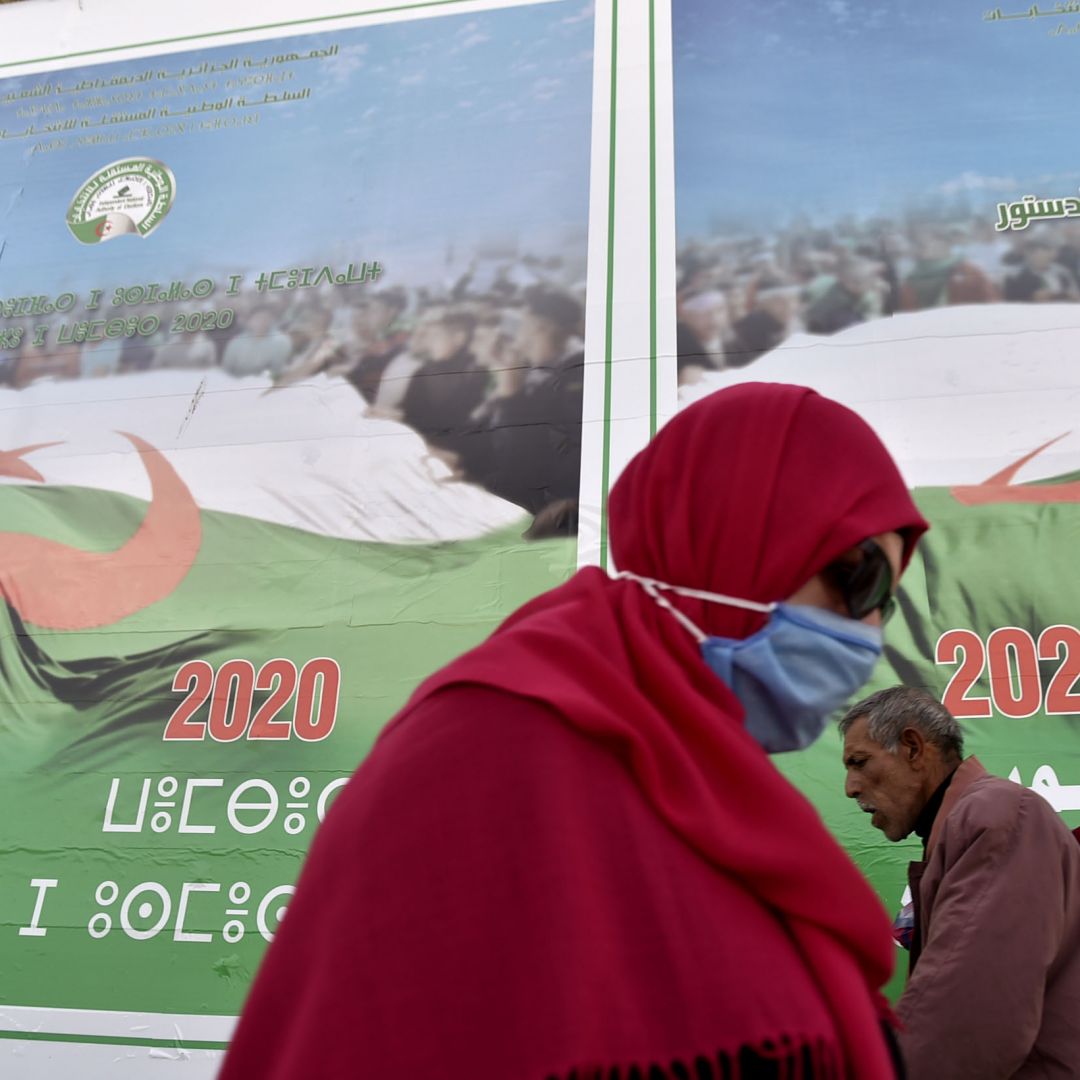
SnapshotsOct 30, 2020
What to Expect From Algeria’s Constitutional Referendum

AssessmentsAug 28, 2020
Polarized Politics Plagues Tunisia’s Economic Prospects
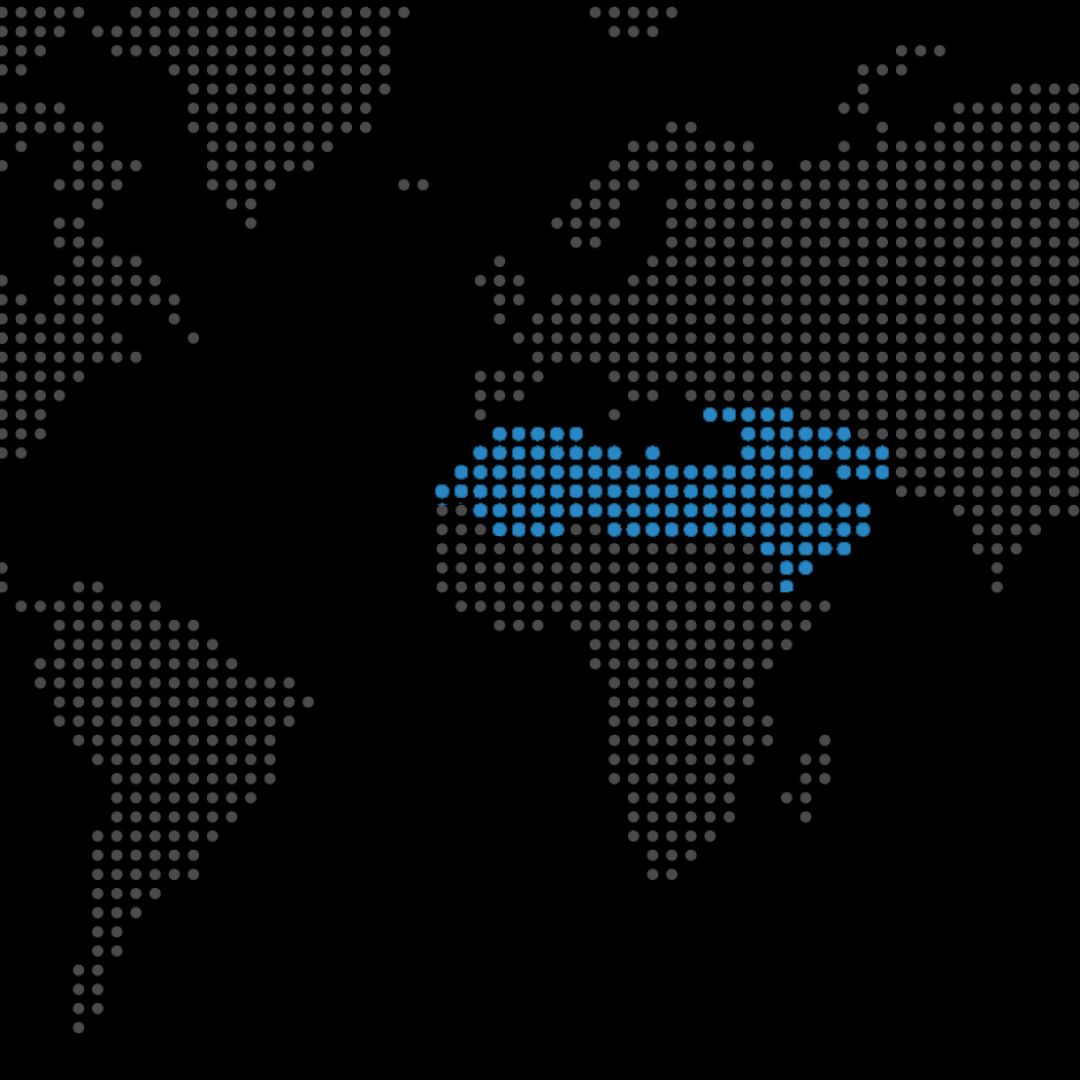
SnapshotsJul 7, 2020
A Drought Lays Bare Morocco’s Vulnerabilities

